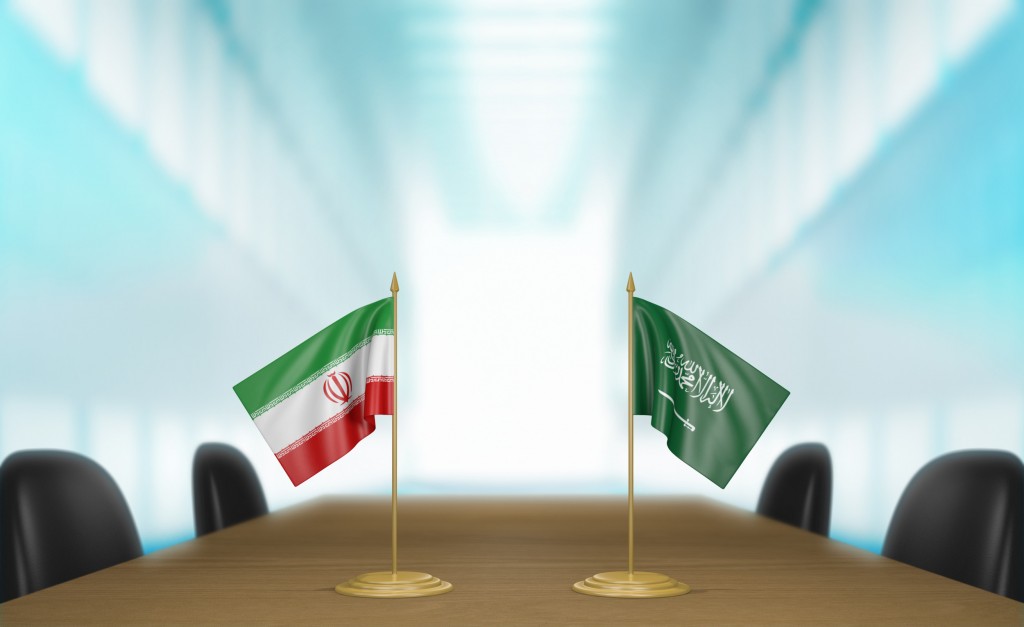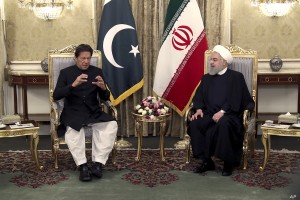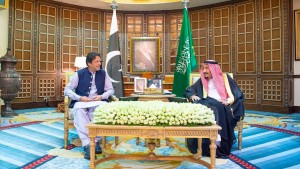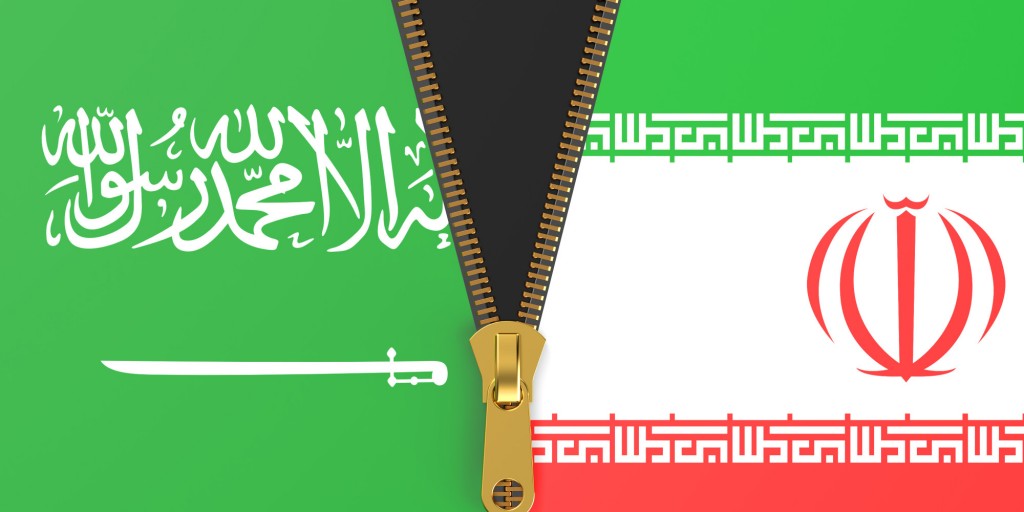Imran Khan’s Regional Peace Mission
Shamshad Ahmad
Prime Minister of Pakistan, Imran Khan, has been on a mission for justice to the Kashmiri people, and for peace and tranquility in Pakistan’s troubled neighbourhood. After his resounding performance in advocating the Kashmir cause at the UN General Assembly and placing the issue high on the global radar screen in September, Khan is currently on a historic peace mission to broker peace between Iran and Saudi Arabia, two of Pakistan’s brotherly states – the former being its neighbour as well. His mission is not to resolve their historic rivalries or doctrinaire differences; it is to facilitate an environment in which both countries can avert any conflictual situation.
To appreciate the rationale and importance of Imran Khan’s regional peace mission, one must understand the reality that security environment in any part of the world is only an extension of the global security paradigm with all its ramifications for the world at large. And ours is a world that has never been so chaotic and so turbulent. Global security environment today is marked by what we call the challenges of diplomacy mixed with brute force, constant power struggle, military occupations, invasions in the name of self-defence, massacres and human tragedies, economic adventurism, a discriminatory nuclear security order and a culture of religion-based extremism and terrorism.
The events of the last two decades have immeasurably shaken the international system which is no longer governed by the rule of law or universally acknowledged norms. Might always considered wrong has never been claimed so right. The UN is no longer the sole meaningful arbiter on issues of global peace and security. What aggravates this scenario is the growing inability of the international community to respond to these challenges with any unity purpose. There is no global consensus on major peace and security issues or on how to address them. The questions of Palestine and Kashmir remain on the UN agenda even today without any follow-up action.
Afghanistan has yet to breathe peace. Iraq is still burning. Palestine is tired and has given up. Kashmir is devastated and feels betrayed. Syria is in the line of fire. Yemen is caught in an endless fratricidal conflict. Iran is being kept on parole. Pakistan is also being used as a convenient scapegoat for everything that goes wrong in Afghanistan or elsewhere in the region. The complacent world could never be so indifferent. The ‘war on terror’ has not gone beyond retribution and retaliation. In recent years, the new security doctrine based on “regime change” was pursued with impunity in the invasions of Iraq and Afghanistan and later also applied with success in Egypt and Libya.
Five years ago, a militant insurgency launched to topple the tyrannical Assad regime in Syria backfired with the insurgents proclaiming a controversial state of their own in parts of Syria and Iraq. This led to another war in 2014 against the so-called ISIS familiarly known as Daesh. The war footprint now extends from Iraq and Syria to the Arabian Peninsula where a fierce tussle for power has been going on between Iran and Saudi Arabia in a full-scale conflict in Yemen.
In this dreary scenario, each component of the Middle East matrix — Iran, Saudi Arabia, UAE, Qatar, Iraq, Syria, Lebanon, Turkey, the Kurds, Yemen and Palestine — is extremely complex. Added to this is the role of the Great powers in the Middle Eastern arena with curious convergences of interests. These include Saudi Arabia, Israel and the US on the one hand, and Iran, Syria, Iraq and Russia on the other. Military alliances among these countries are impacting on the military and security situation in the region. China, Turkey, India and Pakistan have their own concerns in the area. Their respective positions seem well entrenched.
To make things even worse, India continues to assert itself as a regional hegemon.
In this alarming backdrop, all countries, in this vast region especially Pakistan have reason to be concerned over India’s hegemonic designs. No wonder, continued instability and mutual distrust among the Gulf’s littoral states suits its long-term designs. For Pakistan, therefore, it is of utmost importance that this region remains free of the causes of tensions and instability. Imran Khan’s ongoing diplomatic shuttle is also to seen and understood in this context. Pakistan’s policy in the Middle East is very clear.
We do not take sides in any inter-Arab dispute or on any conflict between two Muslim states. This in fact has been a major constant in our foreign policy as manifested in our full support and total solidarity with the entire Muslim world and its legitimate causes. Under Article 40 of our Constitution, we are obliged “to strengthen fraternal relations among Muslim countries based on Islamic unity and common interests.” In the given situation, the only role we have is one of a peacemaker, not a combatant party on any side or under any compulsion.
We have fraternal relations with all countries in the Middle East, and indeed with the entire Muslim world. We do have military training exchange programs with most of the Muslim as well as other friendly countries. We have a commitment to meet Saudi Arabia’s security needs, and we are also sensitive to Iranian concerns. Both are our brothers and if Pakistan today is part of a Saudi-sponsored military alliance to fight the common threat of terrorism, there is no contradiction in our commitment to both our brothers.
Unfortunately, the problem in this region has been the mutual mistrust and fear which in the absence of any regional cooperation system has been aggravating in recent years.
If there was a regional cooperation system between all countries around the Persian Gulf, like the type of cooperation Europeans have been able to develop over the last forty years, there would be no mutual fears in this region. A similar fear existed in the post-World War II Europe about the role of Germany. But they were able to resolve the issues behind this fear through a regional cooperation system.
The GCC countries should also rise above their mutual fears and come together forging mutual cooperation by building bridges of trust common interests. The right solution to this quandary comes from within the region and not from outside the region. It is this approach that Imran Khan is now pursuing with his interlocutors in Iran and Saudi Arabia. In due course, he will also have to involve in this collective effort other countries in the Gulf to sustain the prospects of much needed peace and stability in this region.
Pakistan is part of this region and its security and prosperity is inextricably linked to the
situation in this region.
The world is fast going through a process of realignment of global power. If history is any lesson, things never remain static. They keep changing as the world and its dynamics do by the inevitable process of change that is always inherent in the rise and fall of power. What Imran Khan is doing is only stabilising this process of change in our region.
Eventually, a helping hand will also have to be given to the Muslim world as a whole to recover its lost strength and glory to be able to play a global role commensurate with its size and economic strength.
This, in fact, is the crux of the challenge that Iran, Pakistan, Saudi Arabia, Turkey, Egypt, Malaysia and Indonesia as the leading Muslim countries in the world, are confronted with today. Together, they have the potential to lead the process of change in the Muslim world. But this requires them to join together and forge a fresh collective impulse that leads the Muslim world into a new era of unity and strength to make it a strong, cohesive global entity in political, economic and security matters.
The writer is a former foreign secretary.

 Jahangir's World Times First Comprehensive Magazine for students/teachers of competitive exams and general readers as well.
Jahangir's World Times First Comprehensive Magazine for students/teachers of competitive exams and general readers as well.







